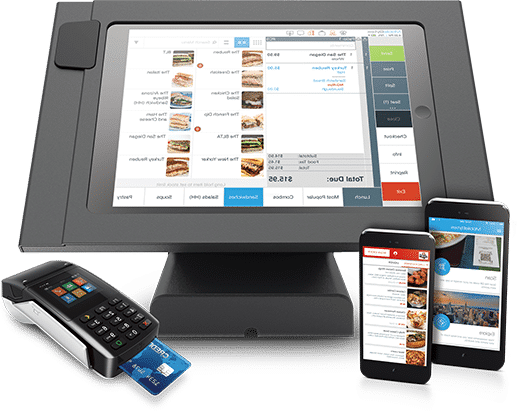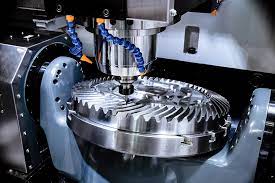The acronym ‘POS’ stands for ‘point of sale’, which Investopedia defines as “a place where a customer executes the payment for goods or services”. However, ‘POS’ often specifically refers to technology used for processing transactions.
A POS can be a physical device in a brick-and-mortar retail outlet but a digital checkout point in an online shop. The term ‘POS’ can therefore be very broad in meaning — and POS technology has undoubtedly grown more sophisticated over time.
Traditionally, a POS has tended to be a cash register where money is held in the form of physical notes and coins. However, cash registers of this type have increasingly been replaced with electronic POS terminals designed for handling payment by credit or debit card as well as cash.
Hence, software has become a more important element of POS systems — and has given companies ready access to such functions as monitoring inventory, keeping track of buying trends, and amassing data capable of informing marketing campaigns.
The bottom line is, if you run a business, you need at least some kind of POS for it. Here are several reasons why your company can benefit immensely from you implementing not just any POS system but one that has been carefully selected with the business’s specific needs in mind.
POS systems can save your employees significant time and money
At the heart of it, a POS system is intended to help maximise sales. One way it does this is by, quite simply, helping the business to process payments more quickly — and, as a result, prevent having to keep customers waiting in a long line.
Think about it: if someone discerns that they might have to wait quite a while before being able to buy from you, the more tempted that person could become to try their luck with a competitor of your business instead.
POS systems can be delightfully easy to use
The ‘can be’ part deserves emphasis there, as the ease with which your business can use any given POS system will depend on what exact purposes it has been designed for.
For example, if you run a restaurant but would like to start offering a takeaway service for the first time, it would be wise for you to opt specifically for takeaway online ordering software. With this at close hand, your employees could take multiple online orders at once while still reducing order errors.
You can more effectively keep your employees in line
When stock takes or orders are calculated manually, human error can creep in. However, this risk won’t apply if you leave a POS to calculate all of your organisation’s sales-related activity.
TechRadar states: “Additionally, POS systems can detect employee theft, which is the original reason that inventor James Ritty invented the very first POS system back in the late 19th century.”
When you have ready access to data indicating where your business is losing money, you can investigate how to plug gaps in the financial fabric of this organisation.
POS data can feed into your marketing efforts
As more and more customers shop with you, a POS system can collect data about these customers on your behalf. This data can shed light on which of your items sell the best and worse and when your business — whether online or offline — is at its busiest.
Data you unearth from your POS system can assist you in making sure you keep up stock of certain items sufficiently steadily to continue meeting customer demand for them.
Conversely, you could think about strategically slashing prices and running special offers on any goods that are evidently underperforming on the sales front.
You can greatly improve your customer service
Of course, your customers don’t need to know what cogs are whirring in the digital clockwork that underpins your POS system. All those customers really want is a smooth experience when they deal with you. Rest assured that the right POS can help you to meet and beat customers’ expectations.
Let’s assume, for instance, that your company operates a network of outlets across the UK. If your HQ is based in London but you have a shop in the cathedral city of Durham much further north, your London team could fulfil a customer’s online order but allow for collection from the Durham site.
Even when you are serving a customer on your physical premises, you could make a sale by using a cloud-based POS system accessible via a smartphone or tablet — preventing you from having to stay strictly tethered to a physical checkout counter.








